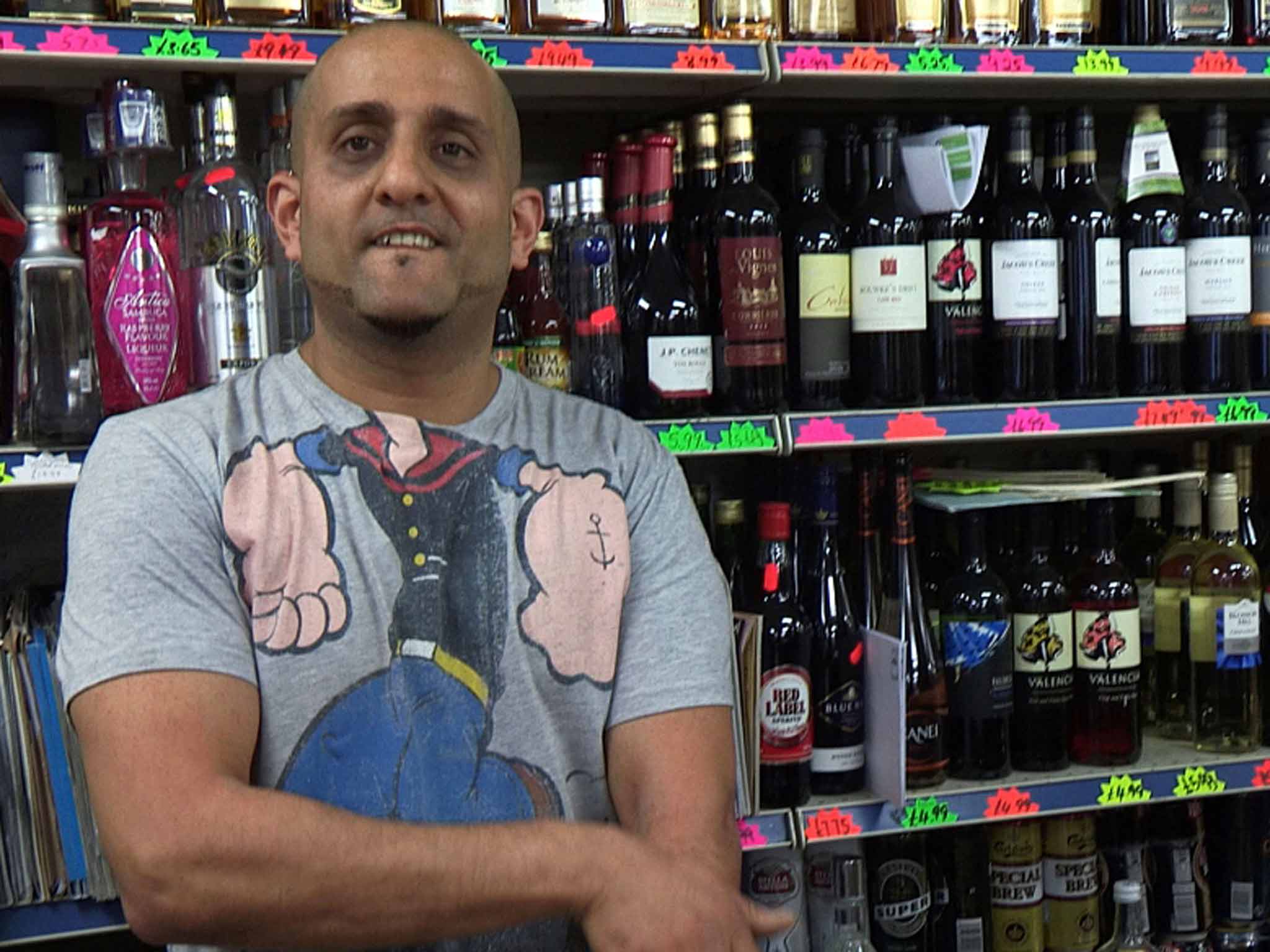Immigration Street, review: There is such a thing as society – just ask the residents of Derby Road, Southampton
A single hour on how the media's framing of immigration impacts on real communities

Your support helps us to tell the story
From reproductive rights to climate change to Big Tech, The Independent is on the ground when the story is developing. Whether it's investigating the financials of Elon Musk's pro-Trump PAC or producing our latest documentary, 'The A Word', which shines a light on the American women fighting for reproductive rights, we know how important it is to parse out the facts from the messaging.
At such a critical moment in US history, we need reporters on the ground. Your donation allows us to keep sending journalists to speak to both sides of the story.
The Independent is trusted by Americans across the entire political spectrum. And unlike many other quality news outlets, we choose not to lock Americans out of our reporting and analysis with paywalls. We believe quality journalism should be available to everyone, paid for by those who can afford it.
Your support makes all the difference.Immigration Street was not the documentary that Love Productions set out to make; it was much better. Soon after the crew arrived in Derby Road, Southampton, to work on a sort of sequel to Channel 4's previous hit, Benefits Street, they realised that local opposition would make it impossible to continue filming. So instead of yet another series about the impact of immigration, we had a single hour on a topic that's much more germane: how the media's framing of immigration impacts on real communities.
For a start, there's that title. The voiceover offered a statistic, by way of justification: "Eighty-six per cent of people living in Britain describe themselves as white British; on Derby Road, it's 17 per cent", but what does that mean? That only white people are British, and everyone else is an immigrant? This assumption was disproved even by the programme's own interviewees, three out of four of whom were not, in fact, immigrants.
Take Rafique, for instance, a British shopkeeper of Pakistani descent, whose parents first arrived here in the 1950s. He gave us a taster of the kind of entertaining but moot analysis we could have expected from a full series: "If it wasn't for immigrants after World War Two, your country, our country, wouldn't be where it is today. You'd all still be living in fish-and-chip shops." Ah, yes. The good old days of Empire when every Englishman had his own chippie to call home.
So why was Channel 4 so attached to such a misleading title? Despite the programme-makers' disingenuous claims otherwise, the word "immigration" has become so loaded it's guaranteed to generate a useful amount of instant controversy. If producer Kieran Smith, had been more up front about that when speaking at the community meeting, he might not have been shouted down so forcefully. Then again, perhaps it was already too late.
Documentary-makers cannot work without their subjects' trust and Channel 4 squandered that trust on Benefits Street. It had since done such a poor job of rectifying, or even recognising, this mistake, that the fall-out is hardly surprising. Of course, the thuggish, intimidating behaviour of some residents is inexcusable, but if it hadn't been for that band of idiots, this documentary might have gone even further awry. It might have turned into the noble story of a community coming together to see off the evil TV producers who'd hoped to exploit them.
Join our commenting forum
Join thought-provoking conversations, follow other Independent readers and see their replies
Comments